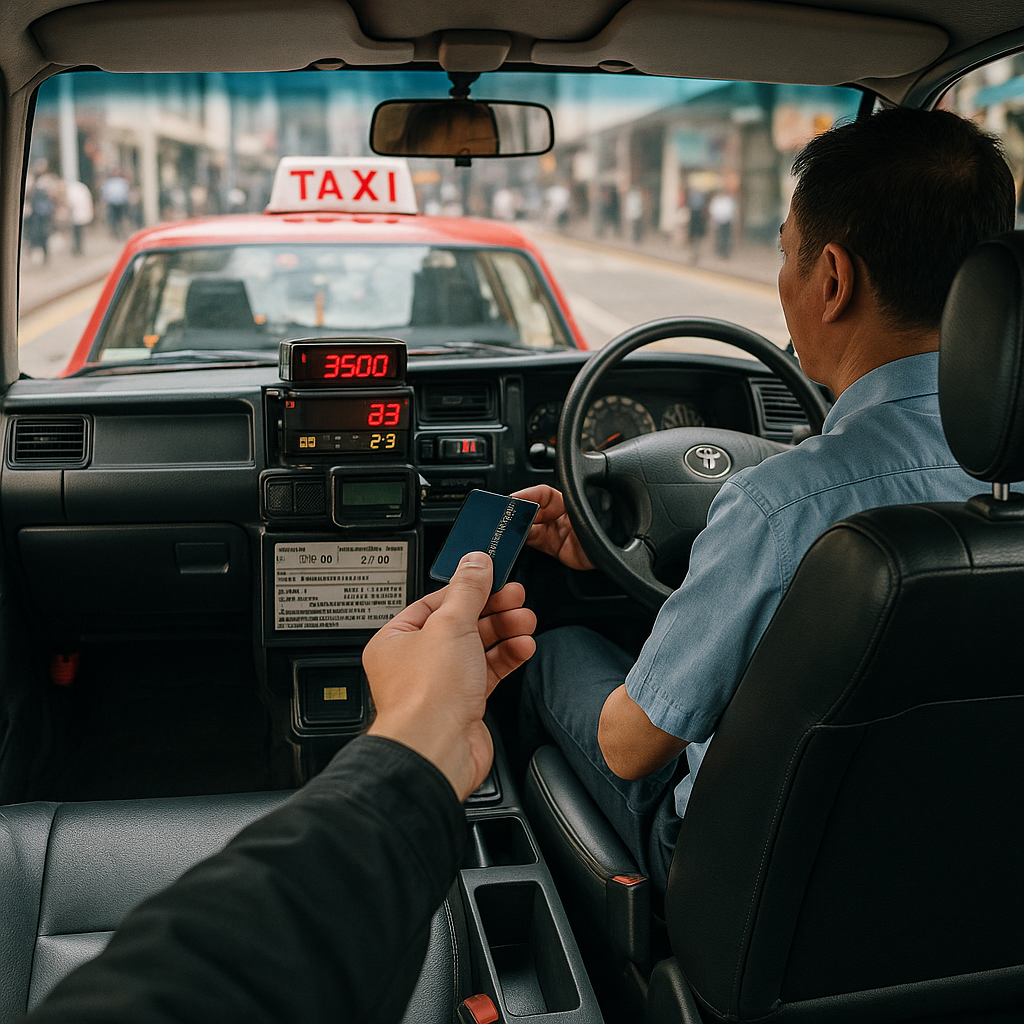The Hidden Sex Appeal of Receipts
Sitting in the back of a muggy taxi on an overpass in the frantic, yet exhilarating heart of Hong Kong, I couldn't appreciate the uniqueness of the moment. Nearly 9000 km from home, I was living out one of my bucket list experiences. But all I could think about was my expenses. The damn receipt for the taxi. I had to make sure I got one. I had to make sure it had all the information the German tax authorities wanted. I also had to file the expenses while I was on the other side of the world, or it would drain my bank account.
Damn it, there had to be a better solution. There wasn’t. That was the moment when a tiny idea, which had been percolating at the back of my mind, popped. It exploded, and as I looked across the bay, I had clarity. The solution was within my reach—metaphorically speaking. Why the hell isn't a digital receipt (with structured data) automatically saved to my personal cloud space when I pay with my credit card? Yeah? Why not?
Well, this is the story of why that should be—and how our lives would be better because of it.
Imagine This:
You walk into a store, buy a pair of headphones, and pay with your phone. A few seconds later, a digital receipt quietly appears in your Smart Ledger. But this isn’t just a PDF or a messy email confirmation. It’s structured data. Organized, readable, and deeply useful.
It knows:
Who sold it to you (including contact details)
What you bought (model, serial number, specs)
When and where it was purchased
The full warranty terms
A direct link to the product manual
A timeline for return eligibility
It even connects to your tax records, so if it's something deductible, it’s already marked and categorized.
No scanning. No forwarding. No panic when something breaks a week out of warranty.
The Smart Receipt
Think of it not just as a receipt, but as a smart object. It understands:
Your ownership
Your rights
Its obligations
Its lifespan
It’s a quiet assistant that doesn’t require an app. You don’t have to sign up for five different loyalty programs. You just live your life, and it does the boring stuff in the background.
Why This Matters
We spend so much time managing the aftermath of transactions:
Finding receipts
Re-entering data
Recalling details for taxes or returns
What if the infrastructure did this for us? What if the payment itself was the handshake that unlocked everything else?
For consumers, it means less stress. For businesses, it means fewer support tickets. For governments, it means better compliance without extra paperwork.
Is This the Future?
I think it could be. We already have:
Cloud storage
Structured APIs
Digital payments
Smart contracts
What’s missing is the connective tissue. The strategy. The desire to make this simple for people.
As a strategist and designer, I think about these things constantly. Not just how to make a screen look better, but how to reimagine systems so they actually serve us. This idea of the "smart receipt" is just one example.
Maybe someone will build it. Maybe I will.

